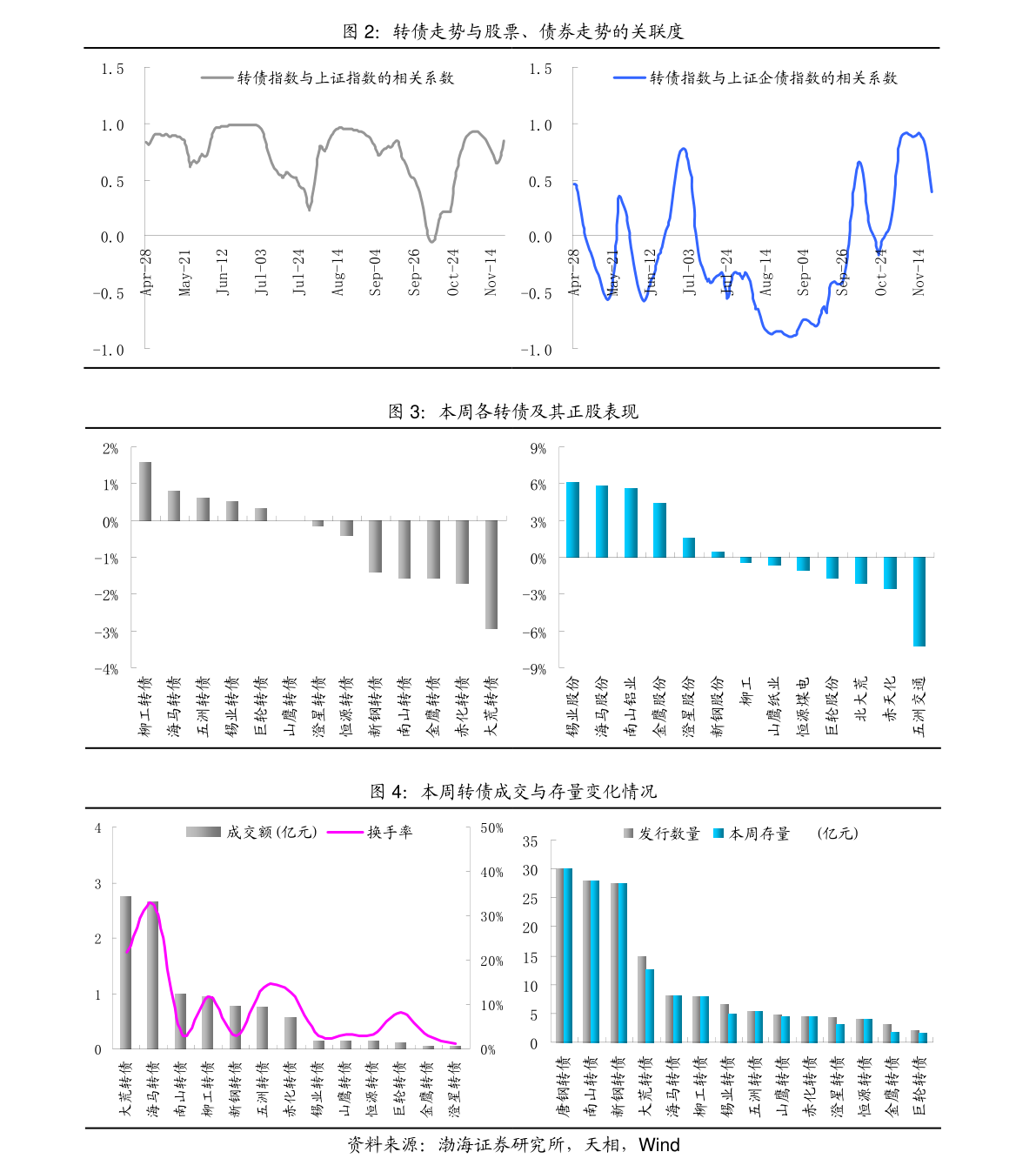Understanding the Process: How Long Does Loan Underwriting Take and What Affects It?
#### How long does loan underwriting take?Loan underwriting is a crucial step in the mortgage application process, determining whether a borrower qualifies……
#### How long does loan underwriting take?
Loan underwriting is a crucial step in the mortgage application process, determining whether a borrower qualifies for a loan. Understanding how long this process takes can help borrowers set realistic expectations and plan accordingly. In this article, we will explore the typical timeline for loan underwriting, the factors that can influence this duration, and tips for expediting the process.
#### What is Loan Underwriting?
Loan underwriting is the process by which a lender evaluates the risk of lending money to a borrower. During this phase, underwriters review the borrower's financial history, credit score, employment status, and the property being purchased or refinanced. The goal is to ensure that the borrower can repay the loan and that the property is worth the amount being financed.
#### Typical Timeline: How Long Does Loan Underwriting Take?
So, how long does loan underwriting take? Generally, the underwriting process can take anywhere from a few days to several weeks. On average, most loans are underwritten within 5 to 10 business days. However, this timeline can vary based on several factors, including the lender's workload, the complexity of the loan, and the responsiveness of the borrower in providing necessary documentation.

#### Factors Affecting Loan Underwriting Duration
1. **Loan Type**: Different types of loans (conventional, FHA, VA, etc.) may have varying underwriting timelines. For instance, government-backed loans often require additional documentation, which can extend the underwriting period.
2. **Borrower’s Financial Profile**: If the borrower has a complicated financial situation—such as self-employment income, multiple income sources, or recent large deposits—this may lengthen the underwriting process as underwriters take extra time to verify the information.
3. **Property Type**: Underwriting for unique properties (like condos, multi-family homes, or properties in rural areas) may take longer due to additional appraisal and inspection requirements.
4. **Lender Efficiency**: Different lenders have varying processes and technologies in place for underwriting. Some may have streamlined processes that can expedite the timeline, while others may be more traditional and slower.

5. **Documentation**: The speed at which the borrower provides required documents can significantly impact the timeline. Missing or incomplete documentation can cause delays, so it's crucial for borrowers to respond promptly to lender requests.
#### Tips to Expedite the Underwriting Process
- **Be Prepared**: Before applying for a loan, gather all necessary documentation, such as tax returns, pay stubs, bank statements, and proof of assets. Having everything ready can speed up the process.
- **Stay Responsive**: If your lender requests additional information or documentation, respond as quickly as possible to avoid delays.
- **Choose the Right Lender**: Research lenders to find one with a reputation for efficient underwriting. Reading reviews and asking for recommendations can help you make an informed choice.

- **Maintain Financial Stability**: Avoid making any significant financial changes during the underwriting process, such as changing jobs or making large purchases, as this can raise red flags and complicate your application.
#### Conclusion
In conclusion, understanding how long loan underwriting takes is essential for any borrower navigating the mortgage process. While the average timeline is typically between 5 to 10 business days, various factors can influence this duration. By being proactive and prepared, borrowers can help ensure a smoother and quicker underwriting experience.